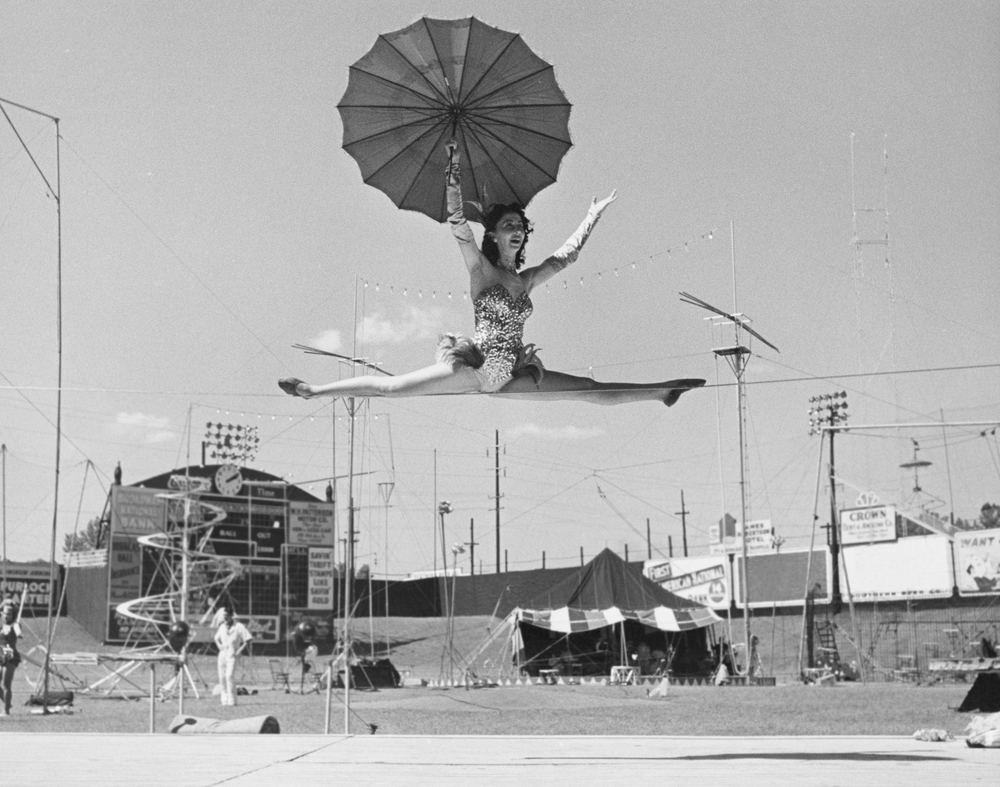 Hannah Monteith, fundraiser at Dimbleby Cancer Care, explains the pros and cons of working part time in such a fast-moving role.
Hannah Monteith, fundraiser at Dimbleby Cancer Care, explains the pros and cons of working part time in such a fast-moving role.
As well as being a fundraiser, I’m chair of another small charity and a mother of two - so for me, flexibility is key. Thankfully, I work in an organisation that understands this. I'm in charge of my time and can fit the work around my other responsibilities and commitments.
Having that flexibility enables me to maximise my effectiveness and productivity; some days I’ll be waiting for people to come back to me before I can move on with a task, so it makes sense to go and do something else and save my fundraising hours up for those times when we’re back-to-back with projects.
Having a supportive team is a real advantage when you're part time. If there is culture of supporting part-time workers, then your colleagues will understand that you're limited. I'm always really grateful to get emails from colleagues saying: 'Have you seen this?’ - because more often than not I haven’t. It’s really useful to have a team that thinks in this unified way.
Planning skills
The charity is currently on a fundraising drive to raise £500k by the end of 2016 to support the cancer care services in the new Guy’s Cancer Centre. We have lots of fundraising going on through various avenues, and so it's important to stay on top of it all. Keeping databases up to date and planning your work in advance are crucial in ensuring things don’t slip off the radar, and that you don’t have too many plates spinning at any one time.
In any part-time job you're time poor, squeezing as much as you can into your allotted time. However, this means you get very good at prioritising. You don't have the luxury of poring over the latest innovative ideas and keeping up with everything that’s going on in the sector. You have to quickly decide what is relevant and appropriate, which often means skim-reading articles and hooking onto only the most salient points, and going back later for more detail. It's important to remember you have limitations: the bottom line is the return, how much resource something will require, and whether it’s the best use of your time.
Balancing act
As with any fundraising role, there can be times when it’s incredibly fast moving, and it’s important to react quickly. While this keeps things exciting, it’s easy to slip into bad habits of constantly checking emails. I have to be quite strict with myself - something I'm slowly getting better at - and I try to limit myself to checking mail at set times on my non-working days, and responding only to the most urgent matters until I’m back at my desk.
It is important, however, to make sure supporters and volunteers know you're part time, and to reassure them that you’ll get back to them as soon as you can. Be clear from the outset, and you can ensure your supporters won’t be left feeling neglected or undervalued.
Inevitably there are times - especially in the lead-up to an event - when supporters will want you to be available 24/7. It's part of the job, but thankfully these instances are infrequent and, if you plan your time well, manageable.
Hannah Monteith is corporate & community fundraiser at Dimbleby Cancer Care. You can find Dimbleby Cancer Care on Twitter @DimblebyCancerC and Facebook.




